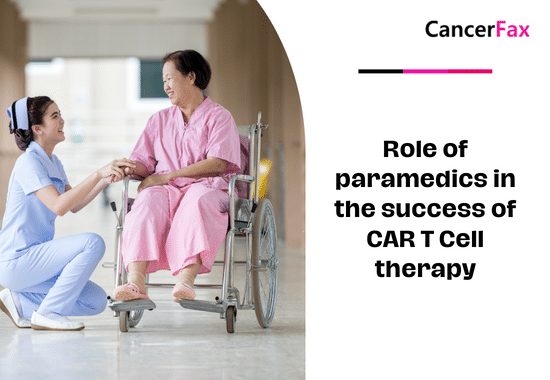The second edition of the 2016 NCCN Guidelines for Small Cell Lung Cancer (V2.2016) mainly updates the following parts based on V2.2015:
Lung cancer preliminary assessment stage update
-
SCL-2: Some patients can be selected for bone marrow aspiration. The selection criteria include: erythrocytes (RBC) with lobes in the peripheral blood smear, neutropenia, or thrombocytopenia, which is characteristic of tumor bone marrow infiltration.
Initial Treatment Update (SCL-5)
-
The level of evidence for intracranial preventive radiotherapy (PCI) in patients with extensive SCLC was reduced from 1 to 2A.
-
Chest radiotherapy can be used as a treatment for patients with a wide range of stages.
Principles of chemotherapy for small cell lung cancer (SCL-C)
-
Bendamustine can be used as a second-line treatment option, evidence level 2B.
-
Cancel the 5-day dosing therapy of temozolomide.
Principles of Radiotherapy for Small Cell Lung Cancer (SCL-D)
-
Pulmonary radiotherapy for extensive-stage tumors. Item 1 description was changed to: “Pulmonary consolidation radiotherapy may benefit patients with SCLC patients who have been selected for a wide period and respond to chemotherapy. Studies have shown that patients have good lung cancer consolidation Tolerance, can reduce the recurrence rate of symptomatic lungs, and can prolong long-term survival in some patients. The CREST randomized clinical trial in Germany shows that moderate-dose chest radiotherapy can improve in SCLC patients with extensive phase and effective for chemotherapy The 2-year overall survival rate and the 6-month PFS, although the study’s primary endpoint, 1-year overall survival, did not increase significantly. “
-
Prophylactic craniocerebral radiotherapy (PCI), entry 1 was changed to: “In SCLC patients with limited or extensive phases that respond well to chemotherapy, PCI can reduce the rate of brain metastasis and improve overall survival. However, despite the lead A randomized clinical study of PCI showed that PCI can reduce the rate of brain metastases. The preliminary results of a Japanese study showed that patients with no brain metastases confirmed by MRI had no significant benefit after PCI. For patients who do not receive PCI, regular follow-up should be considered Brain imaging examination. “
-
Prophylactic craniocerebral radiotherapy (PCI), entry 2 was changed to: “Recommended: PCI dose of whole brain radiotherapy should be 25Gy divided into 10 irradiations, 30Gy divided into 10-15 irradiations, or 24Gy divided into 8 irradiations. Shorter course of treatment (For example, 20Gy divided into 5 exposures) may be more appropriate in patients with a wide range of patients. The PCI99-01 study found that patients receiving 36Gy doses have higher mortality and chronic neurotoxicity than patients with 25Gy.”

